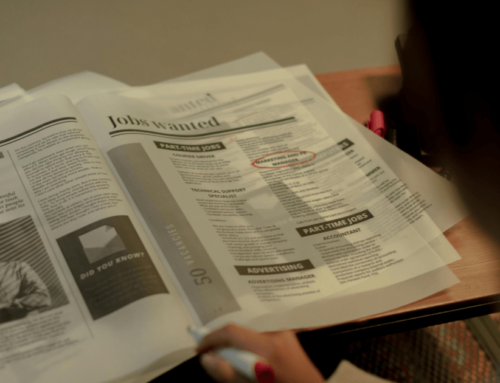Navigating Interview Challenges: When the Questions Don’t Work in Your Favour
Job interviews can be nerve-wracking experiences. You’ve prepared your resume, rehearsed your answers, and researched the company thoroughly. But what if, despite your best efforts, the interview questions themselves are the roadblocks to your success? It’s essential to recognise that sometimes, the questions asked by interviewers can make or break an interview.
The Importance of Fair and Effective Interview Questions
Interviews are a two-way street, and both the interviewee and the interviewer play pivotal roles in the process. Interviewers must craft questions that are fair, relevant, and designed to assess a candidate’s qualifications accurately. However, not all interviewers get it right, and you might find yourself facing questions that put you in a difficult spot.
Identifying Poorly Phrased or Inappropriate Questions
1. Unnecessary Personal Intrusions: Some interviewers may ask about your marital status, family plans, or other personal matters that have no bearing on your qualifications for the job. Remember that you are not obligated to answer such questions, and it’s perfectly acceptable to politely steer the conversation back to your professional qualifications.
2. Vague or Confusing Questions: Occasionally, you might encounter questions that are unclear or overly broad, making it challenging to provide a concise and relevant response. In such cases, don’t hesitate to seek clarification or ask for specific examples to better understand what the interviewer is looking for.
3. Questions with Negative Assumptions: Beware of questions that assume a negative aspect of your background or character. For example, “Why did you leave your last job?” might imply that there’s something wrong with your employment history. In such situations, it’s essential to frame your response positively and focus on what you’ve learned from past experiences.

How to Handle Challenging Questions
1. Stay Calm and Composed: It’s natural to feel thrown off by unexpected or inappropriate questions. Take a deep breath, and don’t let your emotions dictate your response. Maintain your professionalism throughout the interview.
2. Seek Clarification: If a question seems unclear or ambiguous, politely ask the interviewer to provide more context or specify what they are looking for. This demonstrates your commitment to understanding their needs.
3. Shift Focus: When faced with intrusive or irrelevant personal questions, gently redirect the conversation back to your qualifications and the value you can bring to the role. For instance, you can say, “I’d be happy to discuss my qualifications and how they align with this position.”
While job interviews can be challenging, remember that you have the right to be treated with respect and fairness throughout the process. If you encounter poorly phrased or inappropriate questions, it’s essential to handle them with poise and professionalism. By recognising that sometimes interview questions may not work in your favour, you can better prepare to navigate such situations and still make a strong impression based on your skills and qualifications.
In this blog post, we’ve covered a range of strategies for mastering your interviews, from handling challenging questions to projecting professionalism. However, it’s important to remember that the world of interviewing is vast, and there’s always room for expanding your knowledge. If you’re looking to delve deeper into the art of effective interviewing, I encourage you to explore this insightful Harvard Business Review article. It provides a historical perspective on the topic and offers valuable insights that can further enhance your interview skills. Happy reading and best of luck with your upcoming interviews!





